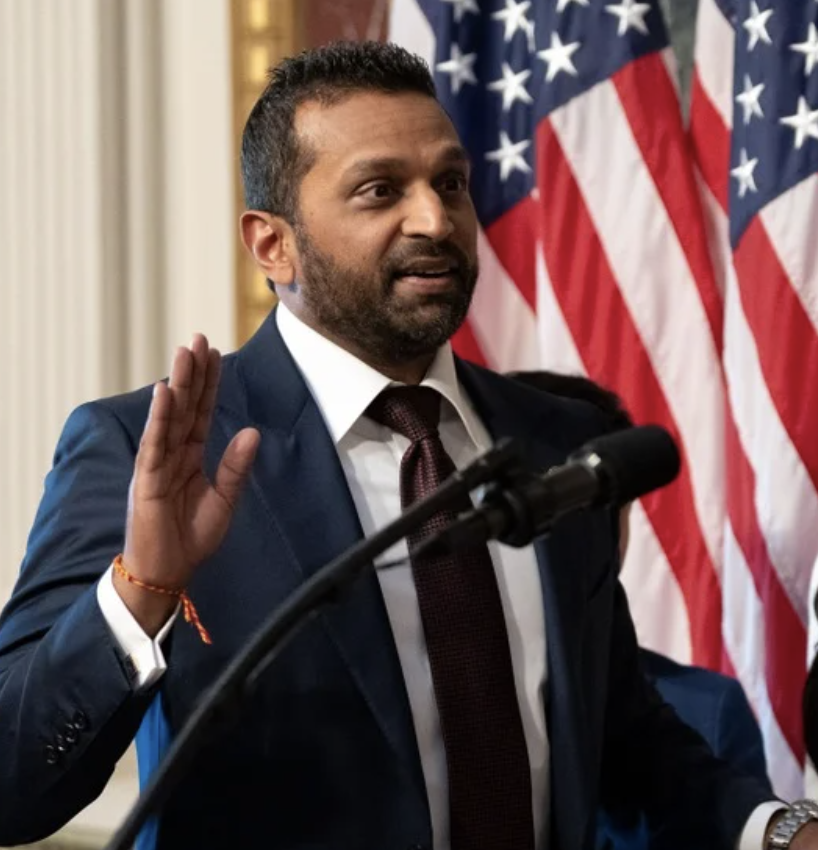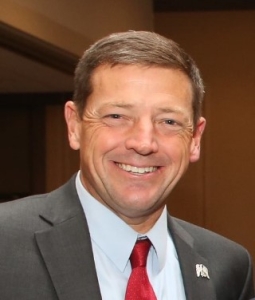 By Ross Parker
ticklethewire.com
By Ross Parker
ticklethewire.com
The data on the costs to children–both in human and monetary terms—in states which have legalized marijuana continues to mount.
Not only have medical studies shown serious health risks, increased hospital admissions, and more prevalent use by teenagers in those states, but now a study has shown that even younger children will also pay the price.
The Center for Substance Abuse Research out of the University of Maryland reported this week that the rate of Poison Center calls concerning unintentional pediatric exposure more than tripled in states where marijuana had been legalized in some form. Using information from the National Poison Data System, the study tabulated the number of calls from 2005 to the end of 2011 to U.S. poison centers involving children age 9 and younger.
In states which had legalized marijuana either for recreational or medical use prior to 2005, these numbers increased from 3.9 calls per million population in 2005 to 14.8 calls in 2011. States which had passed such legislation during the 2005-2011 period also had substantial increases in the number of calls to poison centers. States without such legislation showed no increase in the number of calls.
What the study means is that states which legalize marijuana in some form will have increased use by adults. When that happens, there will be more children who accidentally ingest marijuana and need medical advice or end up in a medical facility or hospital emergency room.
The authors of the study concluded that such potentially harmful exposures are likely to increase and more children will need medical care. They suggested the need for state legislation for childproof packaging, warning labels, and public education about the dangers of marijuana to children.
On a related note, Vanderbilt University Medical Center published a study in the magazine Neuron this week that cannabinoid receptors have been identified for the first time in the part of the brain involved in regulating anxiety and the fight/flight response. Researchers suggested that, although initial use of marijuana may act as a sedative in the effect on these receptors, chronic use could paradoxically increase anxiety by down regulating the receptors.
The question is whether state legislators who are considering legislation on legalization for adults as part of this trend are considering the inevitable costs to children.




